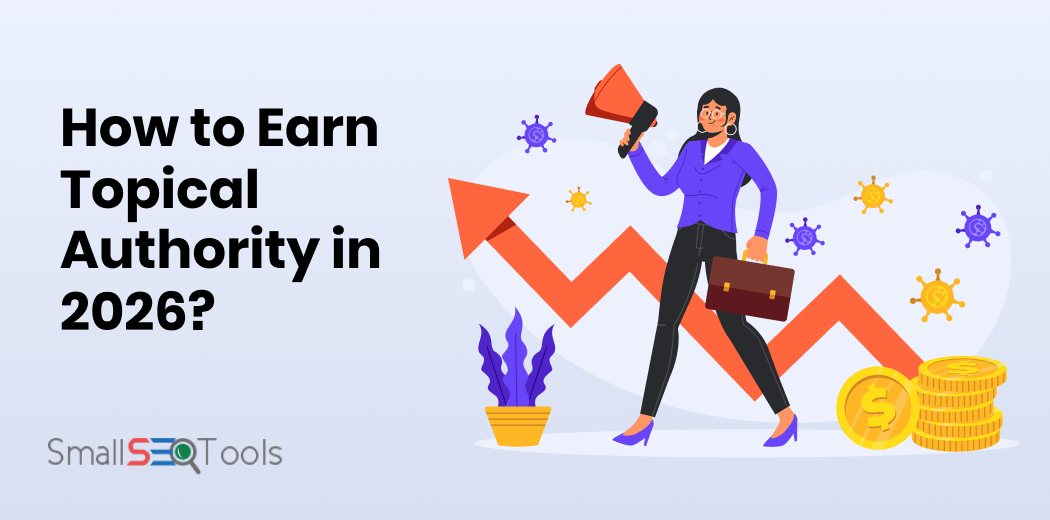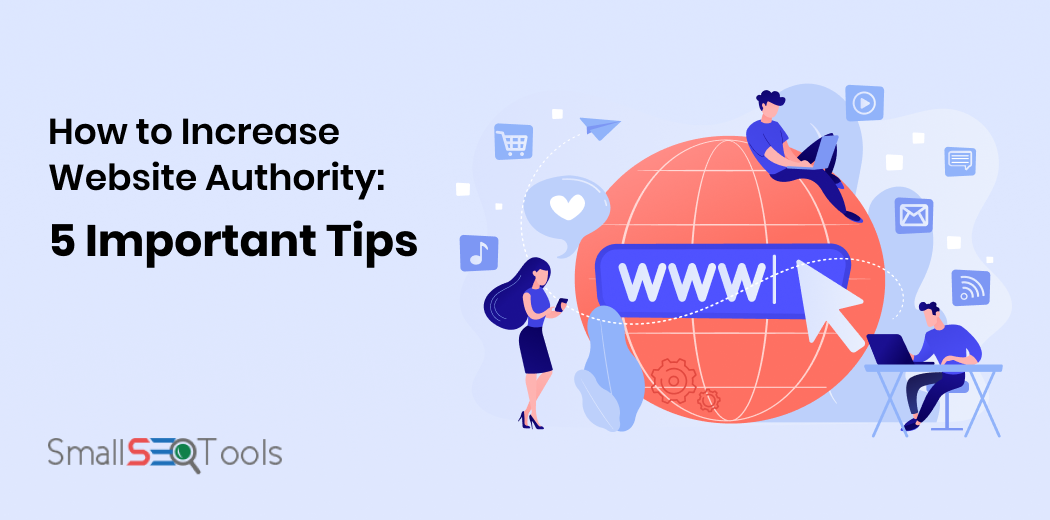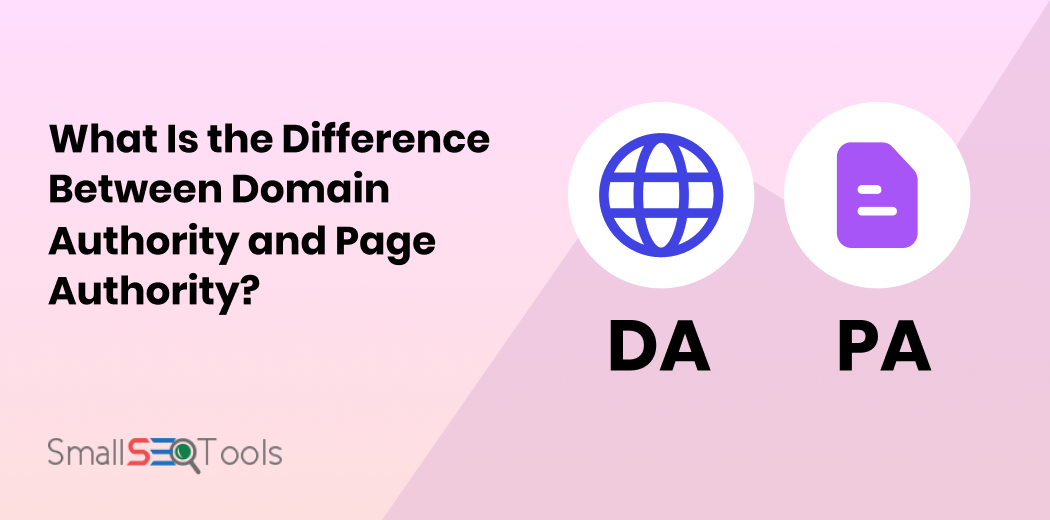Difference Between Copyright Infringement and Plagiarism

Do You Know The Difference Between Copyright Infringement and Plagiarism?
Copyright infringement and plagiarism are two hot topics frequently discussed when it comes to publishing content on the web.
If you’ve ever wondered what the difference between the two actually means, here’s the cliffs notes:
Plagiarism
According to Wikipedia
“Plagiarism is the wrongful appropriation and purloining and publication of another author’s language, thoughts, ideas, or expressions and the representation of them as one’s own original work.”
Source: https://en.wikipedia.org/wiki/Plagiarism
That means that looking for topic ideas and inspiration on relevant and competing websites is potential plagiarism.
It is not okay to copy any concept, idea, or thought without crediting the original creator as the original source.
Do not take somebody else’s content and pass it off as your own.
Yes, it happens all the time online. Yes, it’s easy to modify the message enough to pass, but if it was taken from something already published—it is plagiarism.
Copyright Infringement
According to Wikipedia
“Copyright infringement is the use of works under copyright, infringing the copyright holder’s exclusive rights, such as the right to reproduce, distribute, display, or perform the copyrighted work, or to make derivative works, without permission from the copyright holder, which is typically a publisher or business representing or assigned by the work’s creator.”
Source:https://en.wikipedia.org/wiki/Copyright_infringement
We know that it’s plagiarism to copy something that belongs to another individual. Plagiarism is deceptive and morally unethical, but copyright infringement is downright illegal.
How to Avoid Plagiarizing You read an article, and a certain point really stuck in your mind. It happens.
Maybe you want to write an article about that same point. Be sure to cite the source of any material you use.
This includes data, quotes, research conclusions, and opinions. How to Avoid Copyright Infringement Everything on the web belongs to somebody, legally.
It could be the author, or it could be the publisher. To play it safe, you just should not publish or share content that doesn’t belong to you without getting permission first.
Although you can’t do much about the immoral website owners who are too lazy to come up with their own ideas, you can do right by being the original creator of awesome content.
You can also protect your intellectual property legally by making sure your copyright info is visible on each page, or deter potential theft with an anti-plagiarism banner.
- Music
- Videos
- Images
- Graphics











